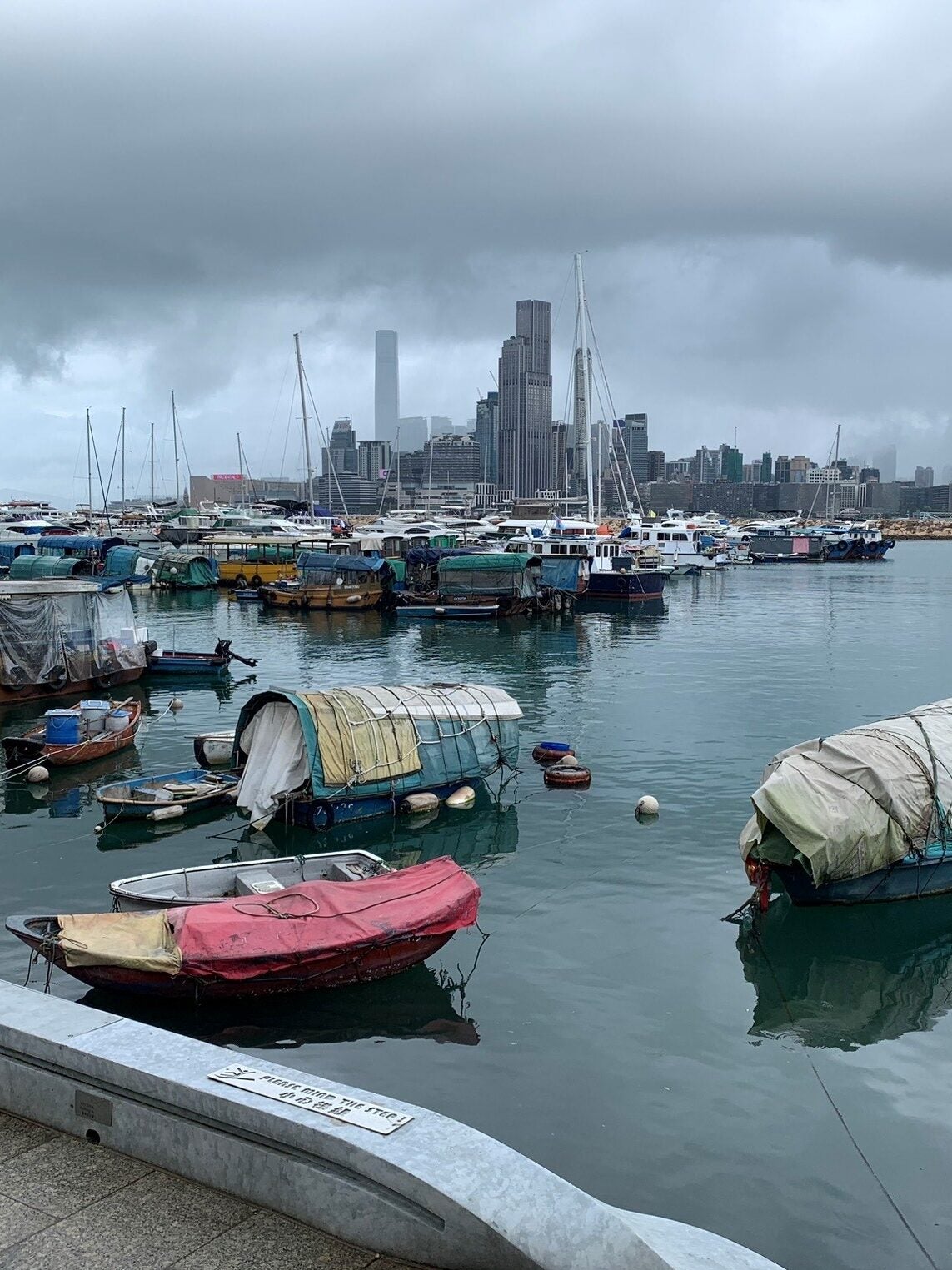Ann Ngoc Tran
How did you become interested in the EASC Graduate Fellowship?
I’ve known about the EASC Graduate Fellowship for a while, from graduate friends who had applied and received funding for their own research and fieldwork. The opportunity came when I found an opportunity to conduct archival research in Kwun Tong, Hong Kong, and I thought I’d try and apply for the fellowship to help with the cost of flights and accommodations. The fellowship has granted me this opportunity and so much more in terms of travel experience, networking, and archival gems.
What is your research focus?
My project charts a global history of the Vietnamese refugee exodus to examine the complexity of the Vietnamese “boat people” and their conditions of drifting and unsettlement after the conclusion of the American War in Vietnam. It explores the critical junctures in refugees’ perilous boat journeys that illustrate their inability to be absorbed as historical subjects of the state, including instances of abandonment, loss, and environmental catastrophe. Reliant on archival and cultural analysis, the six chapters of my project will highlight oral histories and nonfiction narratives of unsuccessful escapes from Việt Nam, including stories of capture and involuntary return. I combine these narratives with archival evidence of boat pushbacks in Indonesia, Malaysia, Thailand, and Hong Kong, and the repatriation of boat refugees across Southeast Asia. Lastly, I turn to the battered and sunken boats on the harbors of the Gulf South after Hurricane Katrina and Deepwater Horizon, illustrating the effects and afterlives of racial and ecological violence.
In what ways did the EASC Graduate Fellowship impact or help your research?
The EASC graduate fellowship allowed me to pursue research overseas in Hong Kong, where I found an incredibly significant archive for my historical dissertation. Between police interception reports, images, microfilms, and newspapers, I discovered enough materials to write two different chapters of my dissertation–one on the shipping syndicates in the South China Sea, and the reception of boat refugees in Hong Kong in the 1980s. My favorite finds were the newspaper clippings. These newspapers, ranging from 1976 to 1992, covered lesser-known incidents of boat pushbacks and accidents, social policy, international government debates, and repatriation campaigns. Many of the events documented were details and incidents I have never read about in any other archive I’ve explored. These materials will not only supplement the research I already have on Vietnamese boat refugee migration and reception at Hong Kong borders, but they will also be great reference sources for future teaching in the classroom.
Can you share any anecdotes about your fellowship experience?
During my month in Hong Kong, I met so many wonderful people, and one such encounter was with a USC friend (another EASC student!) who happened to be in Hong Kong to visit her family. We met up and ate the best Cantonese food I had on the entire trip.



